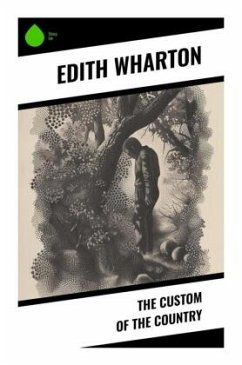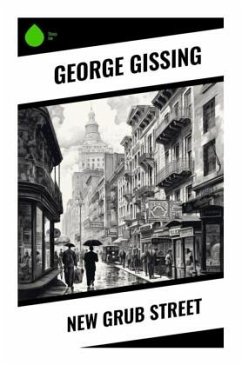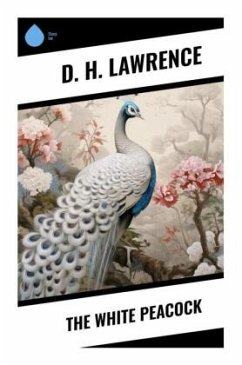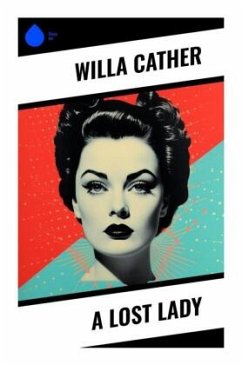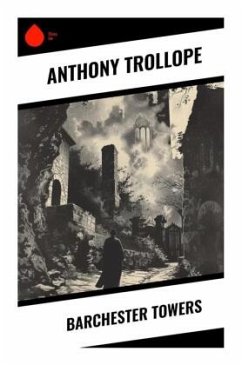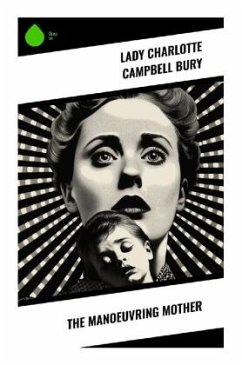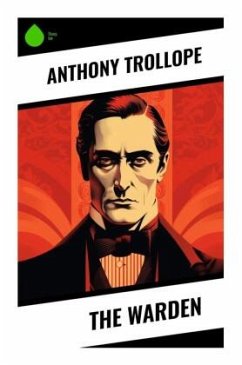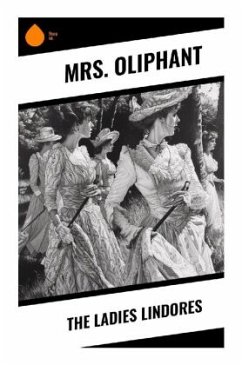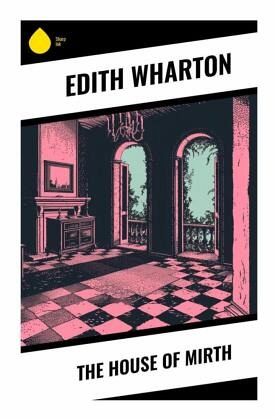
The House of Mirth
Versandkostenfrei!
Sofort lieferbar
13,10 €
inkl. MwSt.

PAYBACK Punkte
0 °P sammeln!
In "The House of Mirth," Edith Wharton meticulously explores the intricate social dynamics of early 20th-century New York high society through the lens of her protagonist, Lily Bart. Wharton employs a lush, descriptive literary style that captures the decadence and moral decay of an elite world where wealth and status dictate every aspect of life. The narrative unfolds with acute psychological insight, revealing Lily's struggles between societal expectations and her desire for authenticity, highlighting the pervasive themes of materialism and the constraints of gender roles in Gilded Age Ameri...
In "The House of Mirth," Edith Wharton meticulously explores the intricate social dynamics of early 20th-century New York high society through the lens of her protagonist, Lily Bart. Wharton employs a lush, descriptive literary style that captures the decadence and moral decay of an elite world where wealth and status dictate every aspect of life. The narrative unfolds with acute psychological insight, revealing Lily's struggles between societal expectations and her desire for authenticity, highlighting the pervasive themes of materialism and the constraints of gender roles in Gilded Age America. Edith Wharton, born into a privileged New York family, drew extensively from her own experiences in elite society, allowing her to craft a piercing critique of its values. Her fluency in the social codes and customs of her time enriches the authenticity of Lily's plight, as Wharton deftly navigates the intersection of personal ambition and societal pressure. This semi-autobiographical novel reflects her profound understanding of the limitations imposed on women in her era, making it a deeply personal yet wide-reaching commentary. Recommended for readers interested in classic literature, feminism, and social critique, "The House of Mirth" remains a timeless examination of the costs of societal expectations and personal longing. Wharton's nuanced portrayal of Lily Bart invites readers to reflect on the nature of happiness and the often-punishing confines of societal norms.



